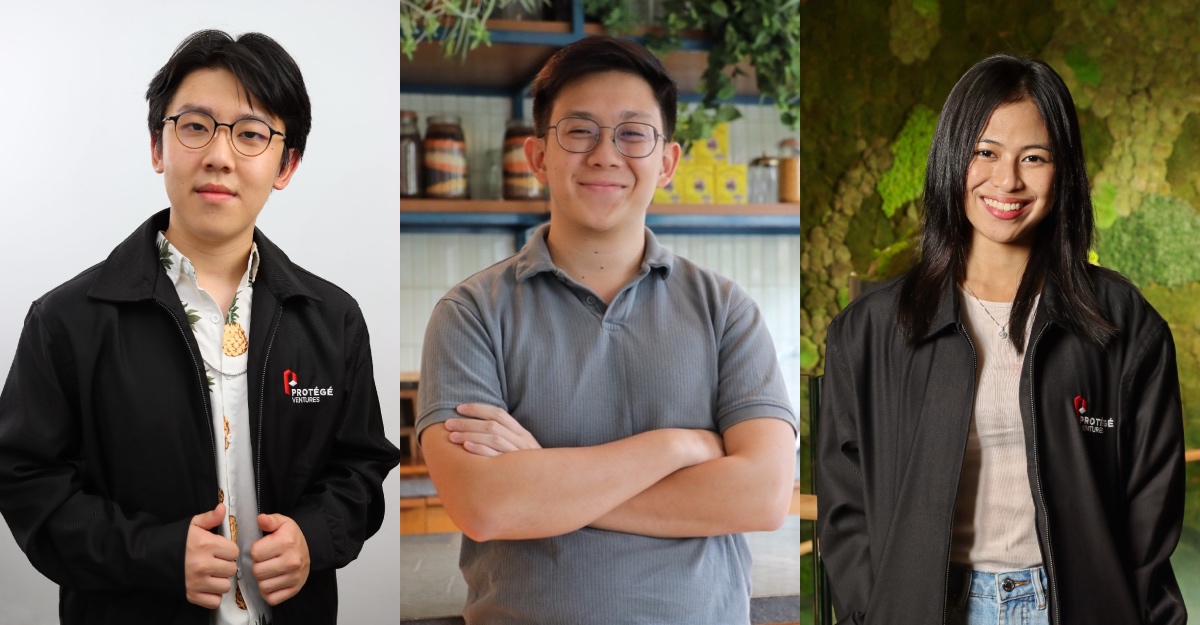The clock was ticking.
One year prior to graduation, and some of my classmates had already secured jobs in big-name corporations.
Meanwhile, I was still doing a marketing internship at a small startup – barely a year old – which had grand ambitions of disrupting the events industry.
My ambitions were not as great.
As a budding writer, I simply wanted to earn a living using my writing skills in the marketplace. And at this company, I was fortunate to have the autonomy (one of the perks of working at a startup) to try out something which would combine my love for writing with an in-demand area of expertise: content marketing.
Back then, content marketing was a relatively nascent practice.
Most marketers were enamored with search engine optimisation and Facebook and Google ads, and how to optimise them. But at that time, I was just not interested in these “technical” aspects of marketing.
In the next seven years, I would go on to pioneer and lead content marketing departments in tech companies across Asia, eventually starting my own content marketing agency to serve the growing demand for long-form content in the region.
If you’re a fresh graduate, you’re entering a working world that’s vastly more complex and fast-paced than ever before.
However, this means that there are a lot more opportunities just waiting for the right people with the right skill sets to snag.
With the fourth industrial revolution – or “Industry 4.0” – upon us, however, is it necessary for new entrants to be well-versed in technology? According to industry leaders at a panel discussion during the recent Todo Todo Skills Marketplace, not quite.
The Rise Of Higher-Value Work
Having spent over 20 years in banking, Marc Leong, Executive Vice President, SME Banking at Maybank Singapore, has witnessed the rise of technology throughout the industry.
“In the past, perhaps it took two weeks to approve a loan. Today, even two days is considered as too long,” he says.
To him, that’s a good thing. “Today’s technologies can deliver a whole new banking experience and service to existing and new customers,” Marc explains. Much of such innovation relies heavily on data, of which banks and financial institutions deal with extensively on a daily basis.
“Data is the new ‘oil’ and ‘currency’ for today’s business world,” he adds. With this, machine learning and artificial intelligence are starting to play critical roles in customer acquisition, engagement, and fulfillment, especially in the banking industry.
In particular, Marc says that many banks are deploying a technology practice called Robotic Process Automation (RPA), which allows them to automate business processes that are rules-based, freeing up workers to serve customers better or do higher-value work. This, in turn, has “allowed more timely and efficient reporting and analysis work, boosting regulatory compliance, strategic planning, and reduced turnaround time to serve customers.”
As such, even though fresh graduates who are involved in technical areas will continue to have sufficient opportunities in the banking world, there are “softer” skills that employers in this industry are looking out for.
“Increasingly, the ability to engage with customers, apply elements of user experience, and identify optimal and cost-effective sources of customer outreach have emerged as key skills sought after by most industry players,” Marc reveals.
The Broader Your Skills, The Better
Similarly, Elijah Yong, Head of Business Development at Shopee Singapore, is seeing that the number of data-related positions – such as data engineers and scientists – is increasing as the days go by.

Yet, beyond technical abilities, he looks for cross-domain expertise when hiring for his team. Innovation, he believes, requires varied expertise and experiences.
Currently, around 20 members of his team are from a mix of arts and social science backgrounds.
In the same way, Dwen Hwee, HR Head, Singapore and South Korea at Tata Consultancy Services, believes that having foundational skills – such as logical reasoning and analytical understanding – needs to come first.
This is because they will “allow young professionals to be savvy in applying technologies to business needs.”
After all, she explains, programming languages only “enable you to interact with your smart device.”
Still, Dwen thinks that fresh graduates need to be “acquainted with various technologies and digital solutions so that they can power greater innovation through the integration of various technologies.” In our digital age, it is close to impossible to avoid technology in your job, regardless of position.
“Young professionals should constantly seek to deepen their domain expertise, and expand the breadth of knowledge through their organisation’s Learning and Development programs, or online course portals like Udemy and Coursera,” she continues.
“SkillsFuture is also an excellent initiative by the government, and NTUC Learning Hub is leading the way in training young professionals in the essential skills.”
Be So Good They Can’t Ignore You
Even in the marketing industry, there is much ado about how important technology has become. Indeed, the introduction of marketing automation tools in recent years have caused both professionals and fresh graduates in this field to worry about their rice bowls.
I’m not too worried, though.
As Marc puts it, automation is, in fact, giving workers the freedom to focus on higher-value work.
In my agency, for instance, we use apps such as Airtable and Zapier to constantly update our clients with regards to how far along in the editorial process their blog posts, case studies, and content upgrades are. With such automated workflows put in place, we are freed up to focus on making other parts of the client experience – from onboarding to content creation – as high-quality as humanly possible.
In sum, don’t worry about whether your skills are “technical” enough or not.
Instead, find something that you want to be good at, and double down on that. In the words of Dwen, continually deepen your domain expertise – whatever it may be – and become so good that employers simply cannot ignore you.
This article was written by Daniel Tay.








